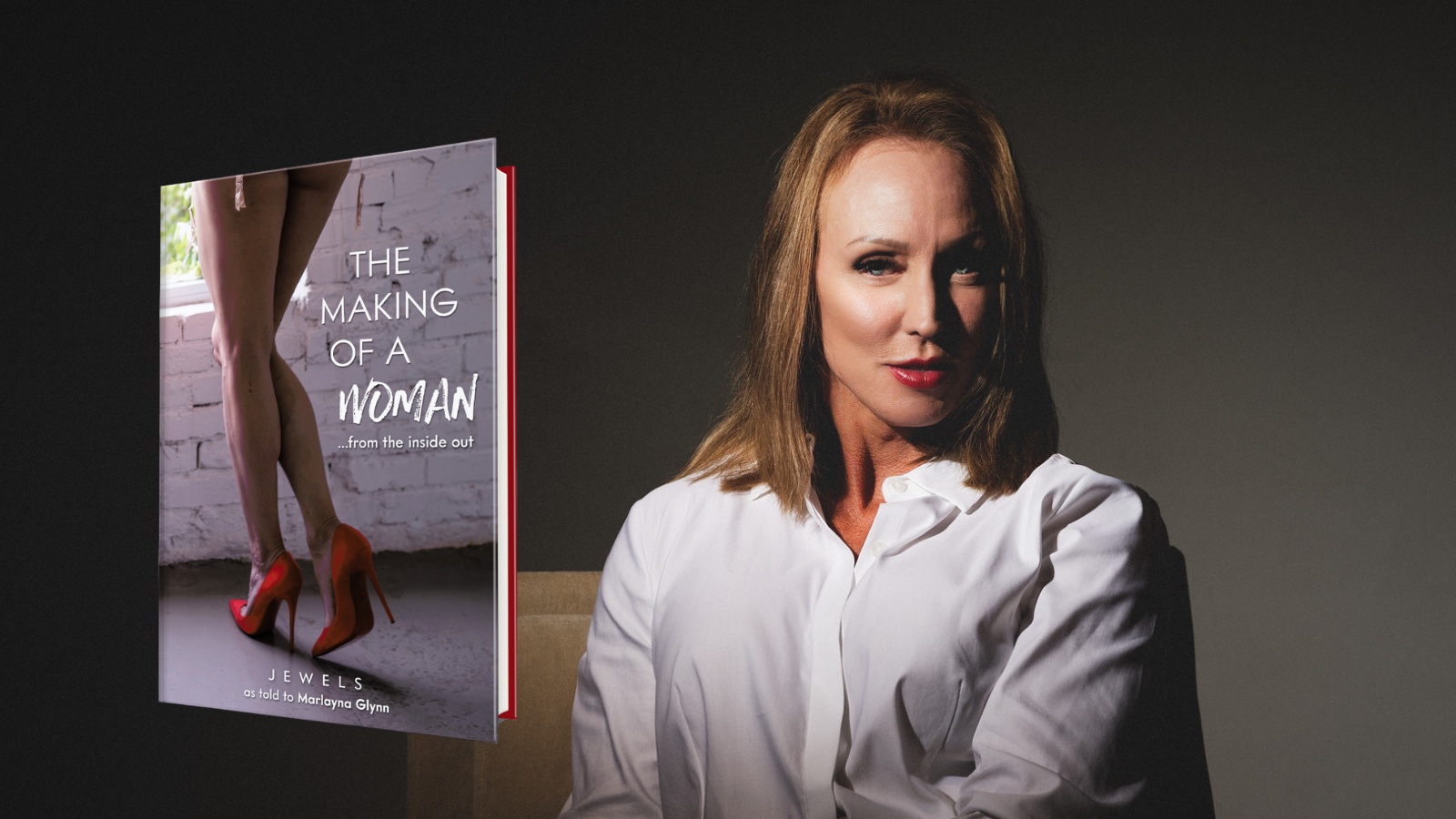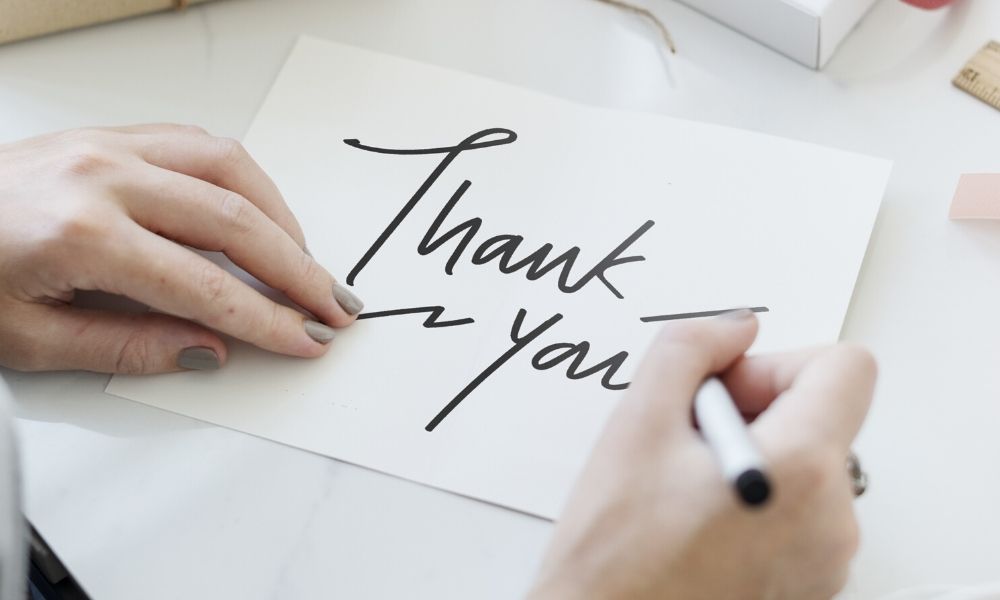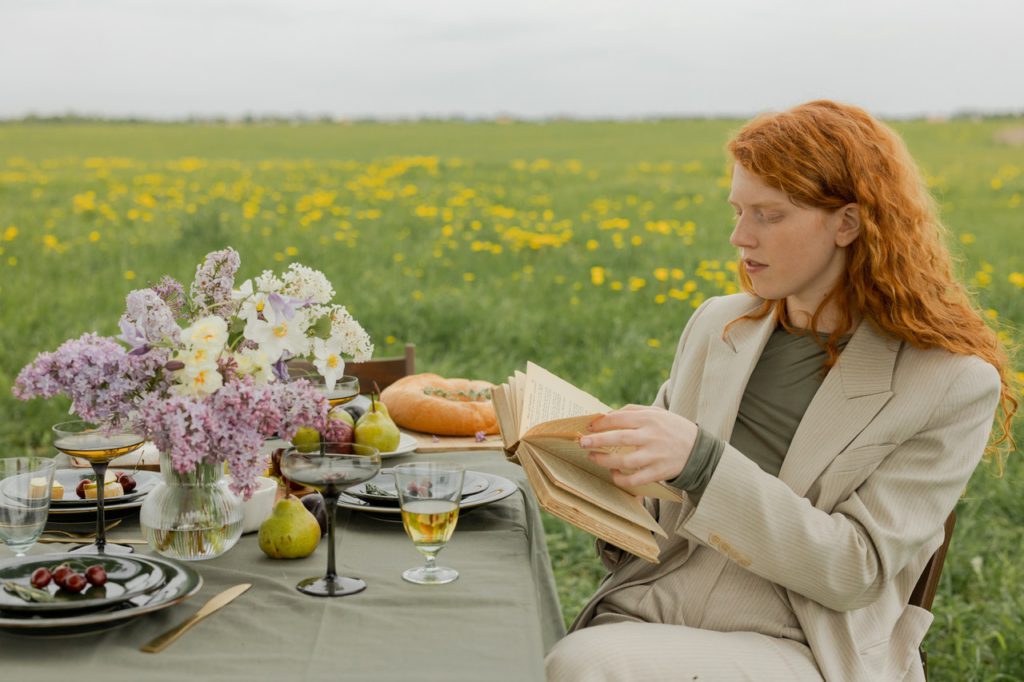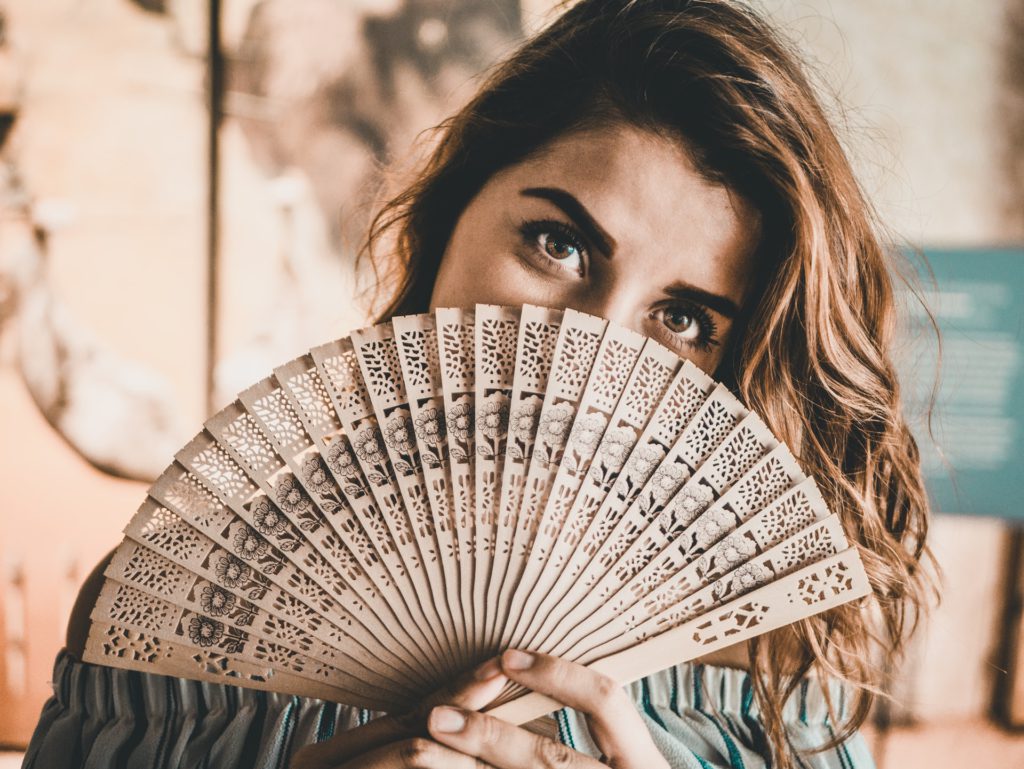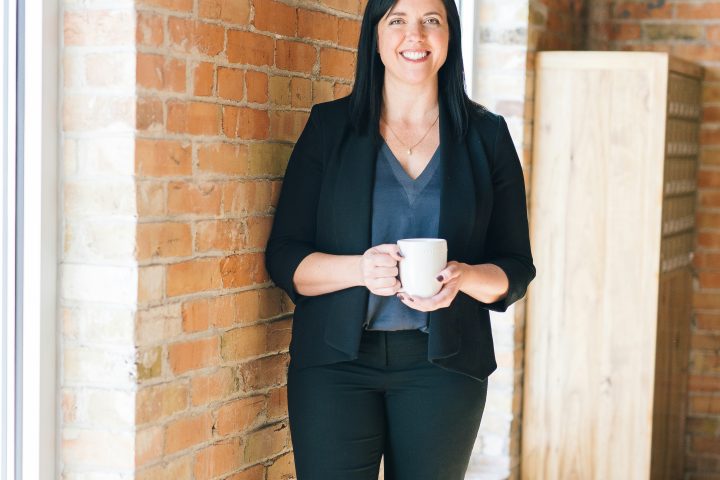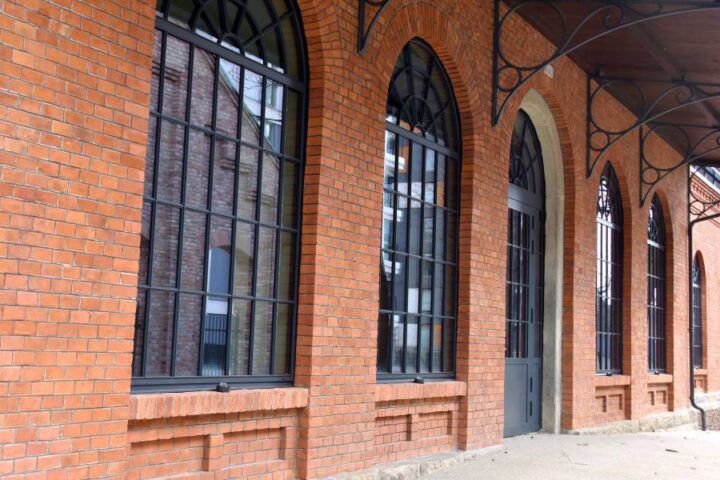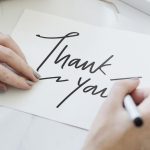I am a feminist.
While childhood trauma is usually the last type of experience we tend to feel thankful for, it is because of my past that I became a feminist. As a child, I was sexually assaulted. While these experiences have made me stronger in many ways, in the beginning, I felt powerless to change anything about myself or the world around me. I squashed my feelings, finding temporary relief in alcohol. However, now as an adult with fifteen years of sobriety, I have learned to stand up for myself and my rights and I feel empowered with feminism.
Despite what society tells us are “proper” roles for women (stay-at-home moms), these are oppressive ideas that take away our autonomy and make it seem like we don’t know ourselves better than anyone else does. Like many of us, I knew who I was and what I wanted from an early age but I didn’t know how to speak up. Being told that I had to conform to fit in this or that box created a sense of disconnect that took me years to undo.
It is difficult to reconcile who we are inside with who society tells us we must be.
The most difficult, life-changing thing I ever did was to confront my inner child and tell her that she was safe and that she was normal. I had always been told that it wasn’t appropriate to talk about myself because it was more important to stay in the box society put me in. But to heal from the trauma of my childhood, I realized I needed to be vulnerable enough with myself and others to explore what happened when I was little. It sounds silly, but talking about it made me feel better.
I dug deep into my psyche to make peace with my inner child when I no longer wished to carry around the baggage from my traumatic childhood. My journey led straight to my personal realization that I was a burgeoning feminist.
We all have a past that we can’t change or control, but we can shape our futures. We may think that our childhood trauma is the reason we struggle with intimacy, but it’s most likely not. Childhood trauma can lead to a lot of harmful thoughts and behaviors, but we all have the opportunity to learn how to change these thoughts and behaviors. That’s why I am here to share my roadmap.
Feminism is the belief in the equality of the sexes—socially, politically, and economically. Those of us who were oppressed by others may not seem to be natural feminists. But we are because the general goal of feminism is to challenge the systemic inequalities women face daily. When a woman comes from a background of abuse and addiction, the thought of empowerment can feel overwhelming at first. How do we challenge the status quo that so many of us were forced to accept?
I recognized that I was a feminist when I realized that I was interested in respecting diverse women’s experiences, identities, knowledge, and strengths. But it wasn’t just me and my sisters I wanted to empower. I was interested in the drive to ensure that we all have the same opportunities in life: women, men, boys, and girls. I want everyone to be able to realize their full rights.
My journey was rough, but I made it through to the other side and I wish to share my journey with others. I wrote a book to help people heal from childhood trauma. My memoir, The Making of a Woman, discusses my experiences in life and how they impacted my life in many ways. By sharing my story, I wish to empower others.
It is not our fault that we have been hurt, and it does not mean that there isn’t hope for us in the future. We deserve love, kindness, compassion, and to be believed in by those around us. No matter how much time has passed since we experienced trauma as a child or as an adult, we do not deserve to suffer alone anymore.
Our past does not define our future. It’s never too late to start over again with a powerful new belief system. I am happy and proud to be able to share this message of hope, as it has been one that I longed to hear throughout my life. We can’t heal our wounds without feeling safe enough both mentally and physically – but we must also work on changing how society defines what makes people worthy or deserving.
Being a feminist is not about wearing pants or being powerful. It’s also about fighting for equality between men and women in the workplace, at home, on the streets, everywhere. Feminism has impacted me by giving me opportunities I never would have had otherwise because of my gender.
About Jewels
Jewels is an author, speaker, and bodybuilder. After enduring an abusive childhood, Jewels decided to use her earlier trauma to enter recovery, sexually liberate herself, and enter the competitive world of bodybuilding. Jewels hopes to inspire others to push forward no matter the challenges. At age 49, she competed this year in the NPC North American Championships and placed third in her division.
Jewels has had the honor of being a guest speaker on Keys and Anklets, a podcast focused on separating facts from fiction within often widely misunderstood lifestyles, the Pillow Talk with Venus crowd cast, another podcast that focuses on female-led relationships, and a documentary of alternate lifestyles broadcasted in the UK. In addition, Jewels was recently featured on the Ethical Change Agency Podcast, Sexy Lifestyle, and Bounce Back and Thrive Podcasts to name a few. Click here to browse her full list of podcast guest appearances.
For more information on book signings and speaking engagements, please contact Jewels via email and follow her on social media: Facebook, Instagram, and Twitter.


